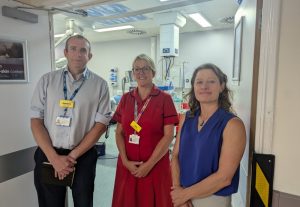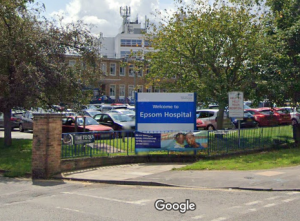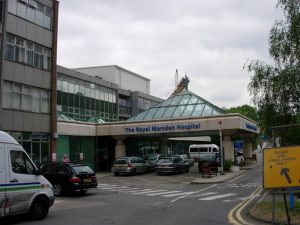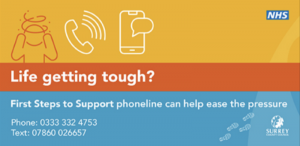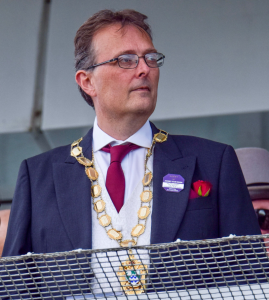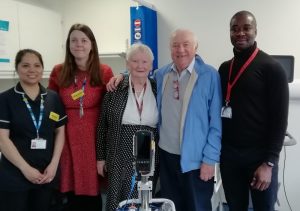I want to take this opportunity to thank those who voted for me at the general election. There is much to do to improve our situation in Epsom & Ewell and I am committed to help achieve this for all the residents of Epsom, Ewell, Ashtead and Leatherhead.
Having visited Epsom Hospital only this week I reflect on the recent statement by Chancellor Rachel Reeves and find it impossible not to feel a deep concern for the future of our local healthcare infrastructure.
The Chancellor’s announcement, which hinted at potential cuts to various infrastructure projects, including the ambitious plan to deliver 40 new hospitals, has left many of us in a state of unease. Among the projects at risk is the new emergency care hospital at Sutton, a critical facility that promises to alleviate the pressures on Epsom and St Helier hospitals. As the newly elected Liberal Democrat MP for Epsom & Ewell, I find this prospect deeply troubling.
Our community has been waiting far too long for this vital investment. The new hospital at Sutton is not just another building; it’s a beacon of hope for many. It’s designed to be a centre of excellence, equipped with state-of-the-art facilities for the most serious emergency cases. Without it, our local healthcare services will continue to struggle with sub-standard conditions at Epsom and St Helier. These facilities, already stretched beyond their limits, cannot continue to bear the brunt of our community’s healthcare needs without significant improvements.
The situation is dire. The buildings at Epsom and St Helier are overdeveloped and outdated. They desperately need the relief that the new Sutton hospital would provide. This isn’t just about buildings; it’s about the quality of care and the well-being of our staff and patients. Our community deserves better, and we cannot afford to wait any longer.
The Chancellor has offered a meeting with the Health Secretary for MPs representing affected constituencies. I eagerly anticipate this opportunity to voice the concerns of Epsom, Ewell, Ashtead, and Leatherhead residents. Our message must be clear and resolute: the Conservative party’s economic mismanagement has left our public services in disarray, and we cannot allow their broken promises to cost us our much-needed hospital.
For years, the Conservatives have failed to deliver on their promises, leaving our local health services to languish. The proposed hospital at Sutton represents a crucial lifeline, not just for today but for the future of healthcare in our region. It is a promise of better days, of healthcare services that our community can rely on.
As your MP, I am committed to fighting for this project. We must ensure that the funding for the new Emergency Care Hospital at Sutton is protected. The people of Epsom, Ewell, Ashtead, and Leatherhead deserve nothing less than a healthcare system that meets their needs and supports their well-being. The time for waiting is over. It’s time for action, and I will not rest until our community gets the healthcare investment it has been promised and so desperately needs.
Image: Maternity Unit at Epsom Hospital. Left to right; James Blythe CEO; Liz Cullen, Head of Midwifery; Helen Maguire MP


